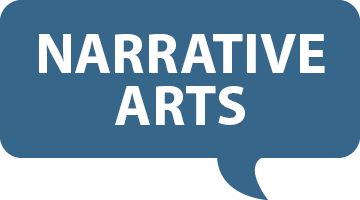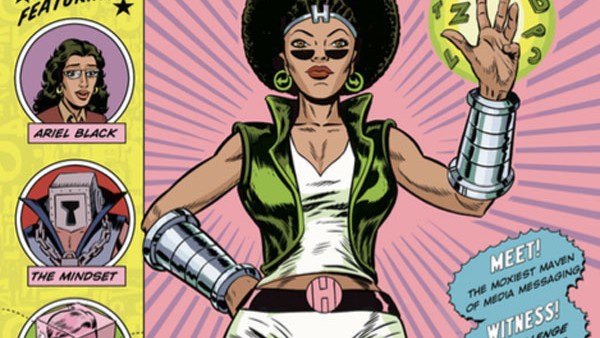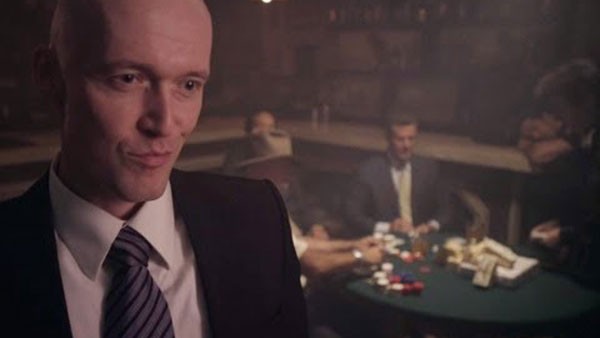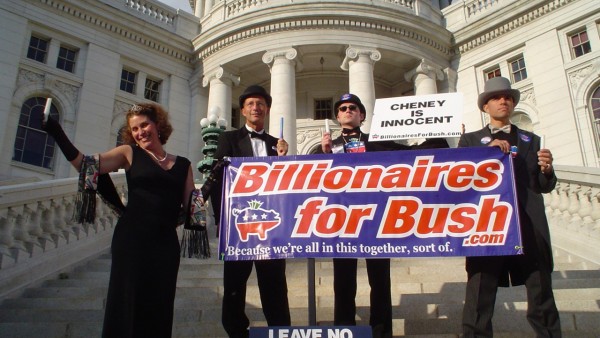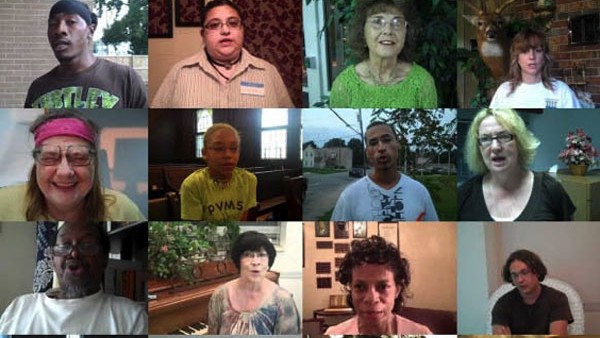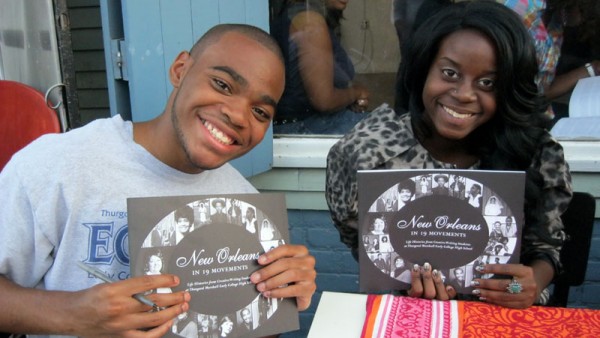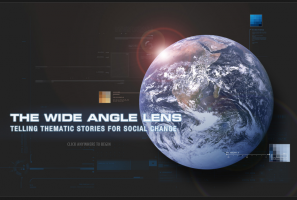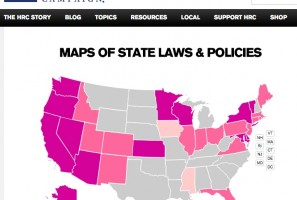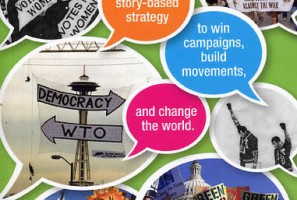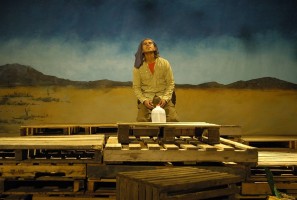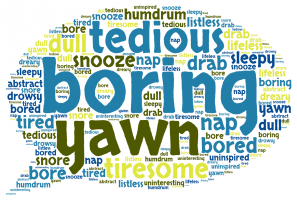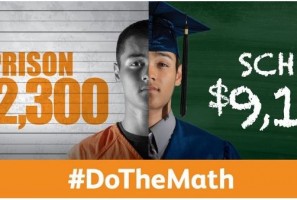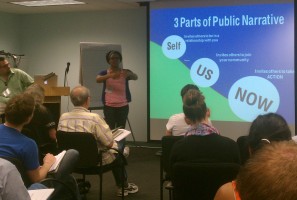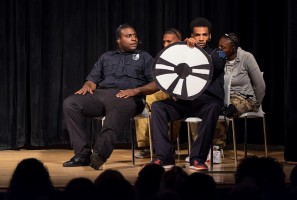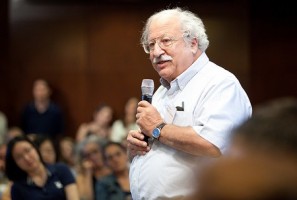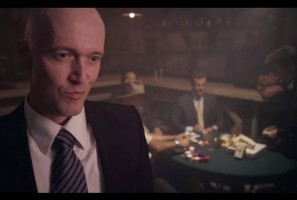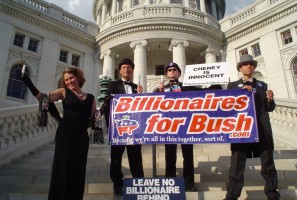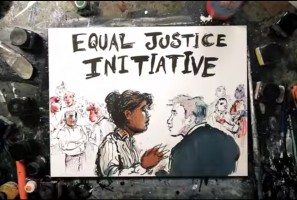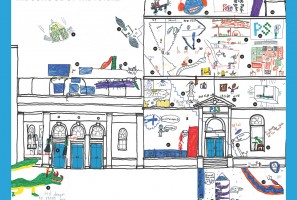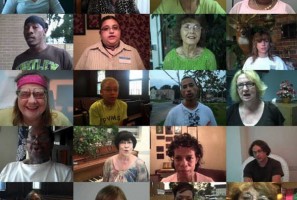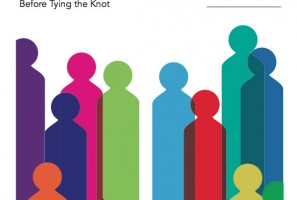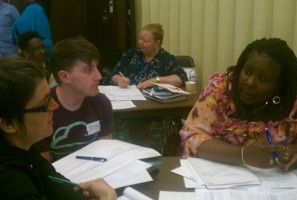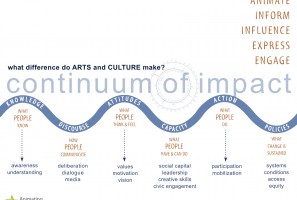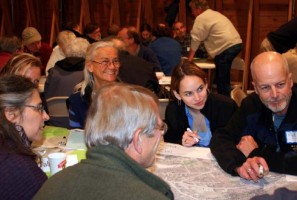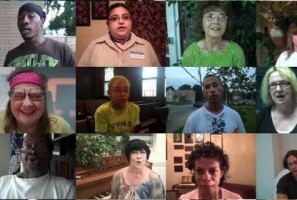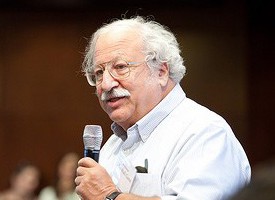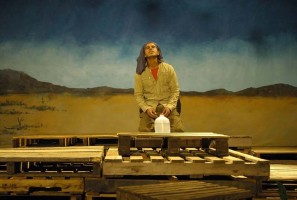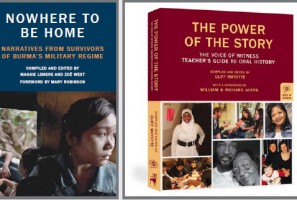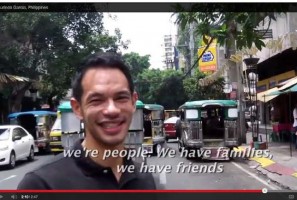The guide below is for organizers, organizations, activists, artists, storytellers, social entrepreneurs, and anyone else who wants to create positive social change.
The guide is bookended by an introduction and an afterword. In between, you’ll find thirty-two short chapters divided into four color-coded sections. The strategy section is about how to use storytelling to best effect in service of your cause. The storytelling section offers ideas on how to tell a good story. The methods section covers some techniques in storytelling. And the structure section looks at practical questions of how to incorporate storytelling into your everyday work. Following these sections is a series of case studies of foundation and nonprofit partners from the first edition of the guide.
To download a PDF of the guide, click here.
Introduction
Are stories any match for tough social problems?
Introduction
Why Stories?
Why tell stories for social change?
Strategy
Strategy
How do we develop a storytelling strategy?
Strategy
Research
How do we do research to support our storytelling?
Strategy
Audiences
How do we reach new audiences?
Strategy
Pop Culture
How can we piggyback on pop culture?
Strategy
Vision
How do we balance short and long-term storytelling?
Strategy
Location
Where can we tell stories?
Strategy
Action
How do we make our stories actionable?
Strategy
Personal and Political
How do we combine the personal and the political?
Strategy
Good Stories
What makes for a good story?
Storytelling
Engagement
How do we keep audiences involved in the story?
Storytelling
Boring Topics
How do we tell compelling stories about boring topics?
Storytelling
Numbers
How do we combine stories and statistics?
Storytelling
Forms
What are some of the forms of storytelling we can use?
Storytelling
Story Types
Whose and what kinds of stories can we tell?
Storytelling
Interviews
How can we elicit good stories from an interview?
Storytelling
Uses of Story
How is storytelling used for social change?
Methods
Theatre of the Oppressed
What is Theatre of the Oppressed and how can we use it?
Methods
Public Narrative
What is Public Narrative and how can we use it?
Methods
Fiction
How can we use fiction in our work?
Methods
Humor
How and why can we use humor?
Methods
History
How can we use history?
Methods
The Future
How do we tell stories about the future we want to see?
Methods
Habits
How do we make storytelling a more regular part of our work?
Structure
Constituent Stories
How can we gather stories from constituents?
Structure
Story Banks
What is a story-bank and how can we build one?
Structure
Ethics
What are the ethics of storytelling?
Structure
Professionals
How can nonprofits work with outside storytellers to create change?
Structure
Practices
What practices support storytelling on an ongoing basis?
Structure
Funders
What can grantmakers do?
Structure
Evaluation
How do we evaluate the impact of our stories?
Structure
Afterword
By Deepak Bhargava, Executive Director, Center for Community Change Action
Afterword
Globalgiving/Rockefeller Foundation
Case Study: Globalgiving/Rockefeller Foundation
Case Studies
Heart & Soul / Orton Family Foundation
Case Study: Heart & Soul / Orton Family Foundation
Case Studies
Nation Inside / Media Democracy Fund
Case Study: Nation Inside / Media Democracy Fund
Case Studies
Public Narrative / Rappaport Family Foundation
Case Study: Public Narrative / Rappaport Family Foundation
Case Studies
Cornerstone Theater / Ford Foundation
Case Study: Cornerstone Theater / Ford Foundation
Case Studies
Neighborhood Story Project / Private Funder
Case Study: Neighborhood Story Project / Private Funder
Case Studies
Voice of Witness / Panta Rhea Foundation
Case Study: Voice of Witness / Panta Rhea Foundation
Case Studies
Stories of Change / Skoll Foundation and Sundance Institute
Case Study: Stories of Change / Skoll Foundation and Sundance Institute
Case Studies
Witness / Overbrook Foundation
Case Study: Witness / Overbrook Foundation
Case Studies
Health Media Initiative / Open Society Foundations
Case Study: Health Media Initiative / Open Society Foundations
Case Studies
